The smoking gun: Blair discussed war plans with Bush nine months before invasion
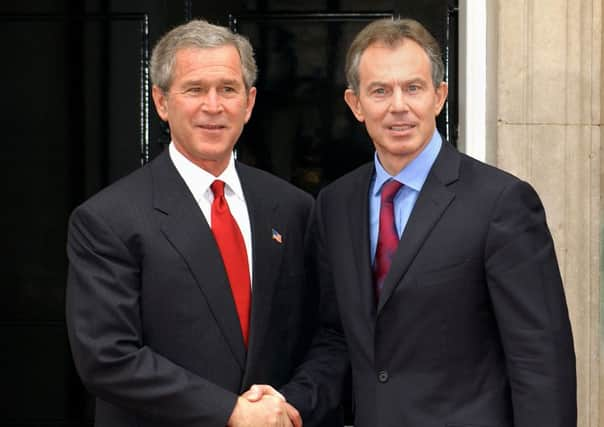

In a letter dated 28 July 2002, nearly nine months before Britain voted to support the US invasion, Mr Blair jotted down his thoughts on how a war in Iraq could work, saying “if we win quickly, everyone will be our friend”.
Loyalty to President Bush is clear, and he said the departure of Saddam Hussein would “free up the region”.
Advertisement
Hide AdAdvertisement
Hide AdMr Blair wrote: “I will be with you, whatever. But this is the moment to assess bluntly, the difficulties. The planning on this and the strategy are the toughest yet.
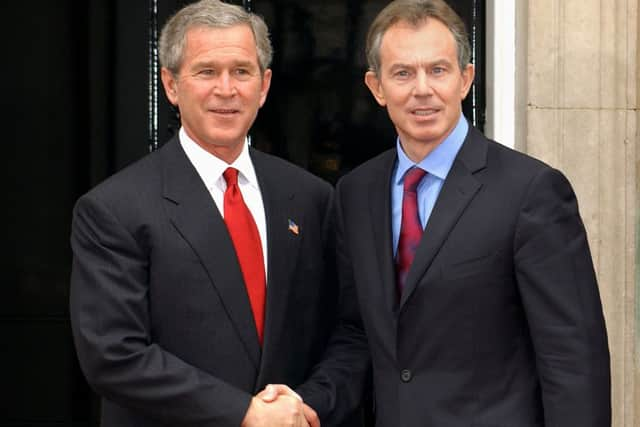

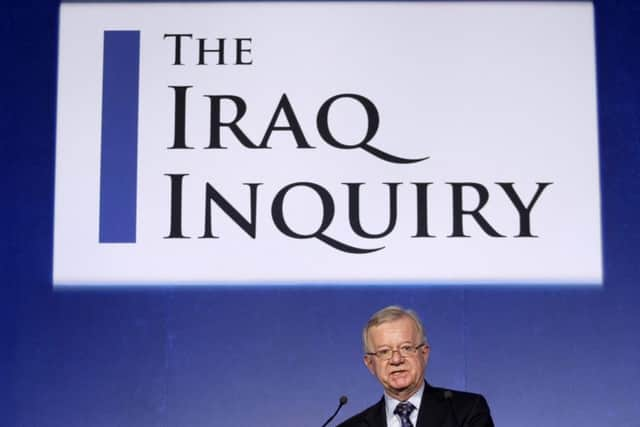

Advertisement
Hide AdAdvertisement
Hide Ad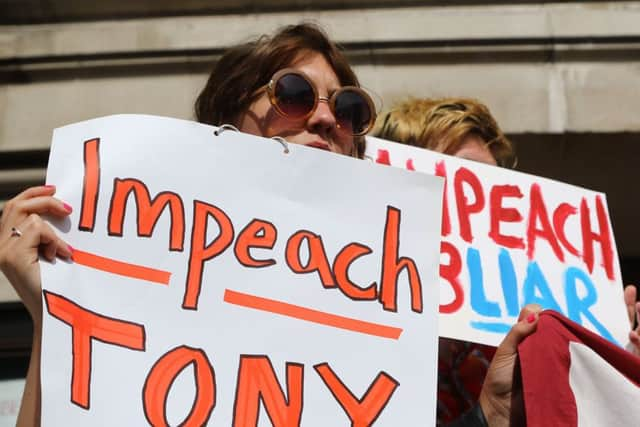

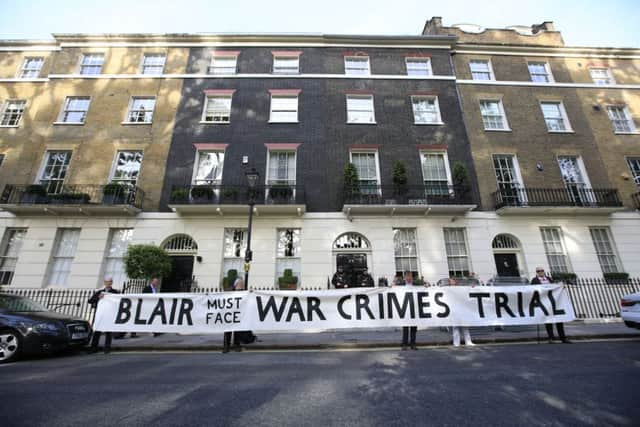

“This is not Kosovo, this is not Afghanistan. It is not even the Gulf War. The military part of this is hazardous but I will concentrate mainly on the political context for success.”
Advertisement
Hide AdAdvertisement
Hide AdBlair stated in his letter that getting rid of Saddam was “the right thing to do.”
He said “He is a potential threat. He could be contained. But containment...is always tricky. His departure would free up the region. And his regime is ...brutal and inhumane.”
Mr Blair wrote that the first question was whether the US wanted or needed a coalition.
He stated that the US “could do it alone, with UK support” but drew attention to unintended consequences, writing: “Suppose it got militarily tricky. Suppose Iraq suffered unexpected civilian causalities. Suppose the Arab street finally erupted. Suppose Saddam felt sufficiently political strong, if military weak in conventional terms, to let of WMS.
Advertisement
Hide AdAdvertisement
Hide Ad“Suppose that, without any coalition, the Iraqis feel ambivalent about being invaded and real Iraqis...decide to offer resistance. Suppose...that any difficulties, without a coalition are magnified and seized on by a hostile international opinion. If we win quickly, everyone will be our friend. If we don’t...recriminations will start fast.


“None of these things might happen. But they might...And there is one other point. We will need to commit to Iraq for the long-term. Bedding down a new regime will take time. So without support, the possibility of unintended consequences will persist through and beyond the military phase.”